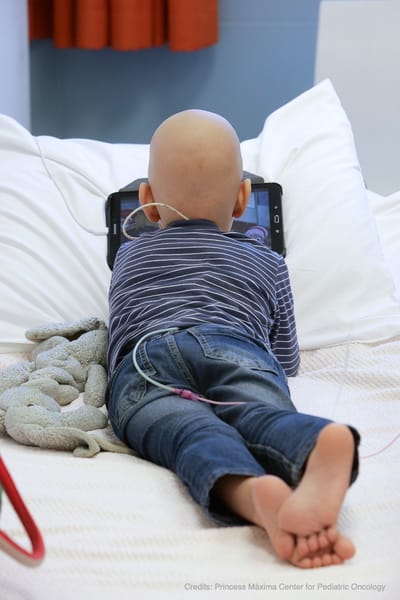ERC Consolidator Grant

The outline of the project is: Therapy-related malignancies are a major cause of long-term mortality among childhood cancer survivors. However, it is unclear how exposure to chemo- and/or radiotherapy early in life induces carcinogenesis.
The aim is to determine the mechanisms and rate-limiting steps underlying the genesis of second malignancies in childhood cancer survivors. For this, we will focus on studying the etiology of therapy-related myeloid malignancies (t-MNs).
Dr. van Boxtel has pioneered methods to characterize mutation accumulation in single stem cells and study clonal lineages in the human hematopoietic system. The van Boxtel lab is embedded in Europe’s largest childhood cancer center, providing the opportunity to apply our techniques to unique patient material.
In Objective 1, we will dissect the life history of t-MN and study its cellular origin. Our key question is: Was the original t-MN clone already present before chemotherapy exposure, or generated as a consequence thereof? We will address this by tracking back clonal lineages in the hematopoietic tissue of patients using the mutations present in their second cancers.
In Objective 2, we will study the mutational consequences of chemotherapy in normal hematopoietic cells of children before and after they received treatment. Our key question is: Is enhanced mutagenesis rate limiting for t-MN development? To address this, we will perform in-depth mutational analyses and in vitro validations.
In Objective 3, we will determine phenotypic effects of chemotherapy on population dynamics of blood. Our key question is: how does chemotherapy affect selection dynamics and clonal composition of blood? To address this, we will integrate clonal histories and lineage contributions using somatically acquired mutations. Our unique methodology and anticipated novel insights will not contribute to improved survival of children with cancer, but also to increased fundamental knowledge on the origin of cancer.


